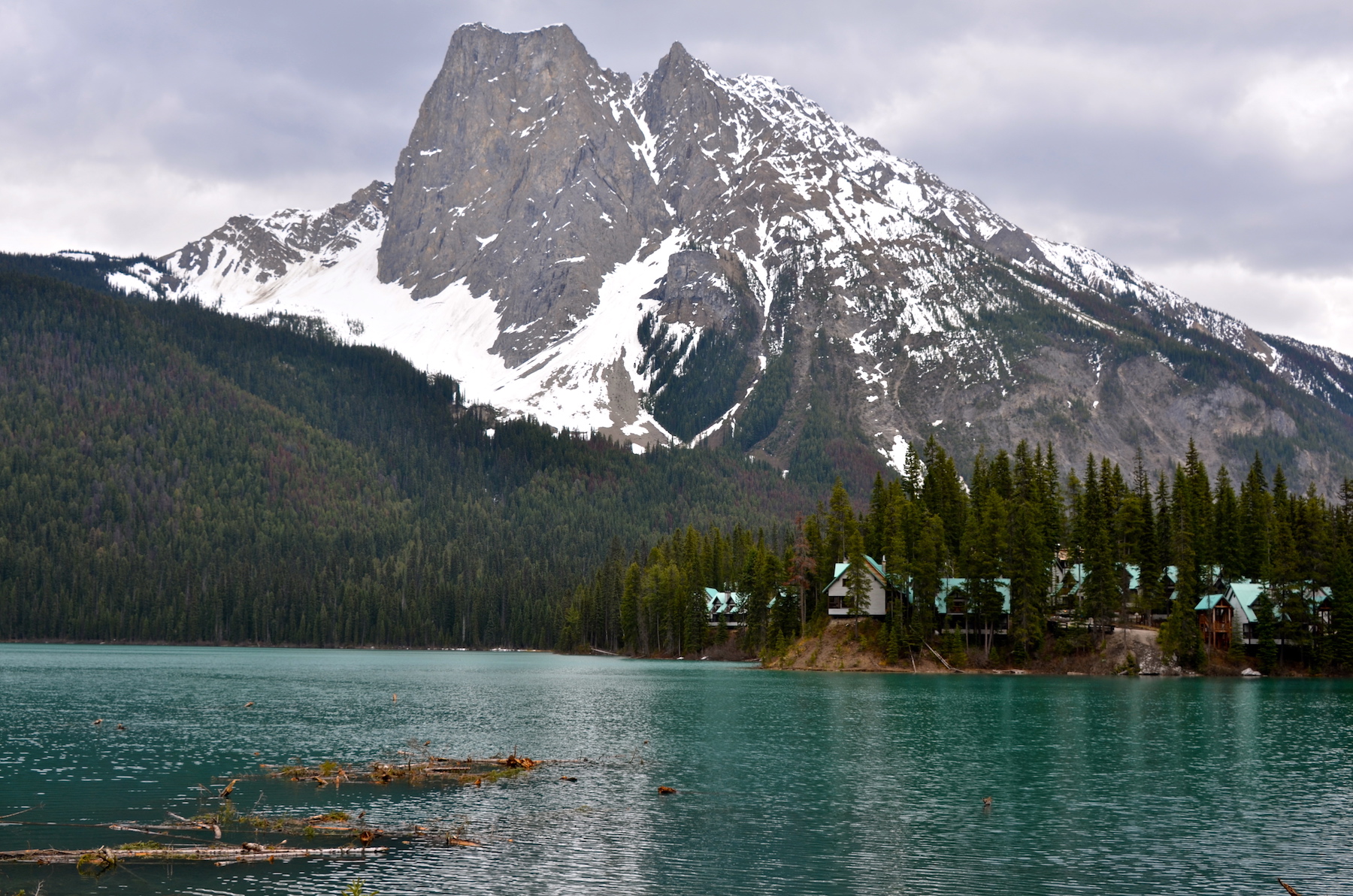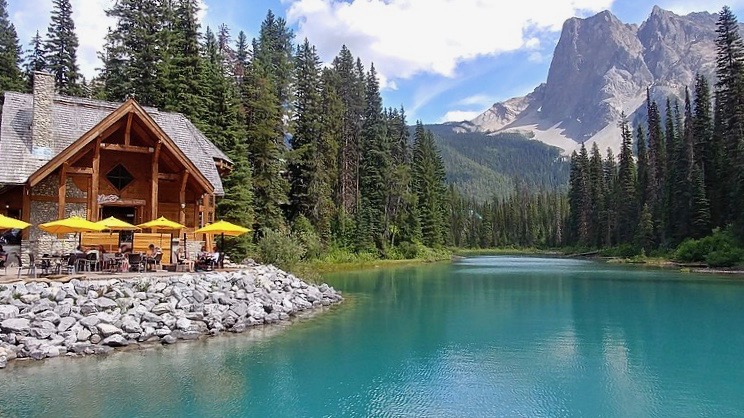1.2 Why Study Earth?
Earth is our home, and by studying geology we can learn how to live here safely, and how to use the resources we need in a sustainable way:
- We can learn to minimize our risks from earthquakes, volcanoes, slope failures, and damaging storms.
- We can study rocks and the fossils they contain to understand the evolution of our environment and the life within it.
- We can learn how and why Earth’s climate changed in the past, and use that knowledge to understand both natural and human-caused climate change..
- We can measure how human activities have altered the environment, and learn how to prevent and sometimes repair the damage.
- We rely on Earth for resources such as soil, water, metals, industrial minerals, and energy, and we need to know how to find these resources and exploit them sustainably.
Arguably, studying Earth is more important than ever. Moving away from fossil fuels as an energy source means more extraction of mineral resources, not less, because those resources are needed to build clean-energy technologies, such as batteries. It’s essential that we learn how to do so without repeating the mistakes of the past.
Studying Earth is also important for helping to keep people safe as the climate changes. Even people who don’t necessarily plan to be geologists—e.g., policy makers, community leaders, and the general public—can benefit from understanding how their environment works.
Spotting Everyday Hazards
Look at the slides below and see if you can spot a common hazard related to how Earth’s surface changes over time, but that humans can alleviate by planning ahead.


The cabins at Emerald Lake weren’t always this close to the lake. Over time, waves washed away at the slope, bringing the shore closer and closer. With no preventative measures, the waves will erode the material beneath the cabins, and they will collapse into the lake.
The Emerald Lake Lodge is also very close to the water, but the slope is protected from wave erosion by a barrier of rocks.

